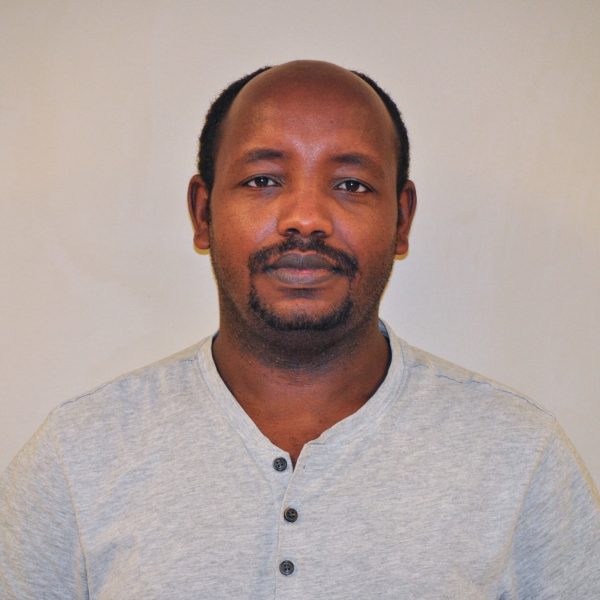Gate Staff Profile: Peter Balakian
Donald M. and Constance H. Rebar Professsor of the Humanities Peter Balakian has taught at Colgate since 1980. A poet and writer, he teaches American literature and poetry, in addition to directing creative writing in the English department.
Balakian, author of Black Dog of Fate, also teaches a Core Distinction class entitled Modern Genocide. He is originally from Bergen County, New Jersey and is the grandson of survivors of the Armenian genocide.
Balakian attended the Englewood School for Boys – now Dwight-Englewood School – before attending Bucknell University as an undergraduate student and then Brown University where he received his doctorate in American Studies.
In the late 80’s, Balakian taught a course called Images of War and Peace in Modern Literature, Film, and Art and later taught the first Core Distinction course, “Modern Genocide,” in the Philosophy and Religion department. Of his current class, Balakian says it “brings together, history, literature, philosophy, psychology and ethics.”
In his role as teacher, Balakian’s goal is to instill in his students the same passion he has for language and writing.
“I want them to leave any class as much better readers and as young men and women who understand the complexity and depth of language and literature. In an age like ours, we need to protect our relationship to language more than ever. It’s both an aesthetic and moral issue,” Balakian said.
Balakian’s favorite part of teaching at Colgate is the close relationship that a Liberal Arts education encourages between students and faculty. Additionally, he attributes a healthy working atmosphere in Hamilton, NY to the natural environment.
“One of the most gratifying aspects of working here is to be in an environment of such beauty where the mind can work well and deeply in our landscape,” Balakian said.
His recent works include June-Tree: New and Selected Poems, 1974-2000 and his acclaimed memoir Black Dog of Fate, winner of the 1998 PEN/Albrand Prize, and The Burning Tigris: The Armenian Genocide and America’s Response, which won the 2005 Raphael Lemkin Prize and was a New York Times Best Seller.
Balakian is driven to write poetry by his natural passion for language. “Artists make the art they do because it’s in them to do so. I’m a lyric poet because that is the medium that is necessary for me to work in,” he said.
Balakian is currently working on a “long poem” and “a book of essays about poetry in culture and a collaborative translation of a major memoir of the Armenian Genocide.”
In August, Balakian gave the Founders’ Day Convocation Address, telling the first-year students, “The classroom is the laboratory of life – it’s where the plans for the future of society are made. It’s where you come with your naked self to think out-loud, to pursue knowledge for its own sake, for pure the joy of the mind’s workings. A place where you come to discover who you are and who you might become.”







